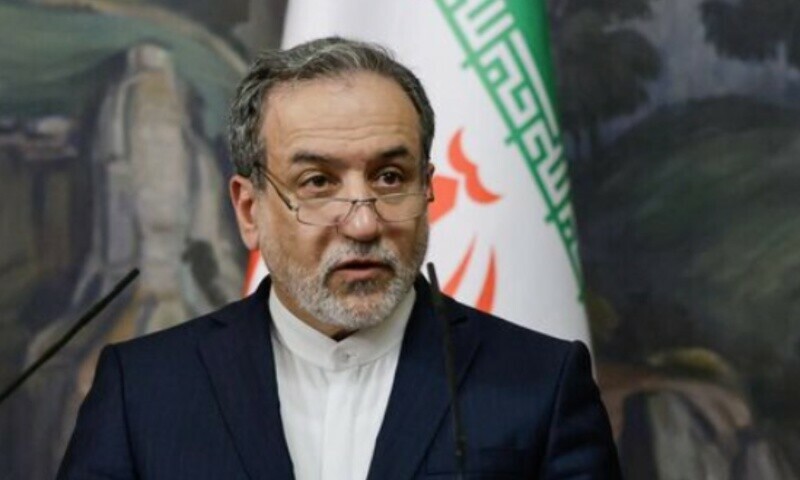WORLD NEWS

India’s government is planning to ease its nuclear liability laws by capping penalties on equipment suppliers in the event of accidents. This change, expected to attract U.S. firms, aims to address long-standing concerns over unlimited liability for suppliers, which has kept major companies like General Electric (GE) and Westinghouse Electric Co. from engaging in India's nuclear market.
Aimed at Expanding Nuclear Power Capacity
India’s government has set an ambitious goal to expand its nuclear power production capacity by 12 times to 100 gigawatts by 2047, as part of its broader strategy to meet growing energy demands and achieve its net-zero commitments. This is also seen as a critical move in the broader context of India-U.S. trade and tariff negotiations. The proposal is viewed as a step to enhance bilateral relations and trade, aiming for $500 billion in bilateral trade by 2030, up from $191 billion in 2023.
The Draft Law and Amendments
The Civil Nuclear Liability Damage Act of 2010, which currently exposes nuclear reactor suppliers to unlimited liability in case of accidents, is set to be amended. The proposed changes include a liability cap for the suppliers of nuclear reactors, meaning the amount an operator can seek from a supplier in case of an accident will be limited to the contract value. The supplier’s responsibility will also be capped by a specified period, providing more clarity and reducing the perceived risk for companies.
This amendment aligns India’s laws more closely with international norms, which place the responsibility for safety on the operator rather than the supplier of the reactors.
The Bhopal Disaster’s Legacy
The nuclear liability law was initially introduced in the wake of the 1984 Bhopal gas tragedy, where more than 5,000 people were killed in the world’s deadliest industrial accident. The disaster, involving a gas leak from a Union Carbide facility, led to a significant shift in India’s approach to industrial liability. While the law was a response to this disaster, it inadvertently discouraged Western firms from entering the nuclear sector due to the open-ended liability it imposed.
Impact on U.S.-India Relations and Nuclear Power
The current nuclear liability law has caused friction in U.S.-India relations. While India reached a nuclear cooperation agreement with the U.S. in 2008, the liability clause remained a barrier, especially for U.S. companies who found themselves at a competitive disadvantage to Russian and French companies whose liabilities are covered by their governments. The amendments are expected to ease these tensions and encourage U.S. companies to invest in India’s nuclear sector.
Investment Opportunities in Nuclear Power
India is also looking to invite private Indian companies to build and operate nuclear power plants, furthering its efforts to meet rising energy demands while reducing carbon emissions. Major Indian conglomerates such as Reliance Industries, Tata Power, Adani Power, and Vedanta Ltd have already expressed interest in investing $5.14 billion each into the sector.
The draft law also proposes different liability caps based on reactor size, with smaller reactors having a $58 million cap, while larger ones will remain capped at $175 million. These changes are seen as essential for securing investments in nuclear power.
The Road Ahead
The Indian government is confident that the proposed amendments will receive approval during the monsoon session of parliament, which is set to begin in July. The success of this legislative change is viewed as pivotal for advancing India’s nuclear energy strategy and its relationship with the U.S., which is essential for both trade and energy cooperation.




